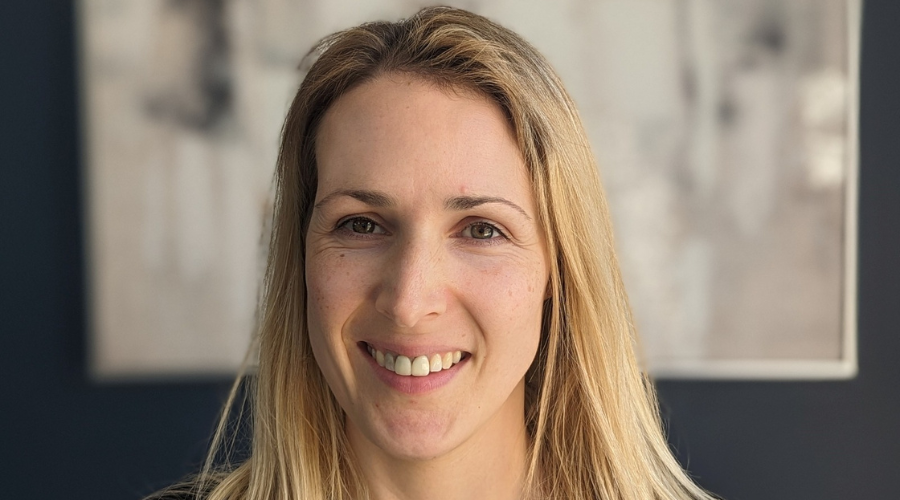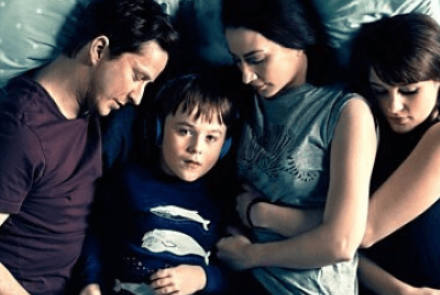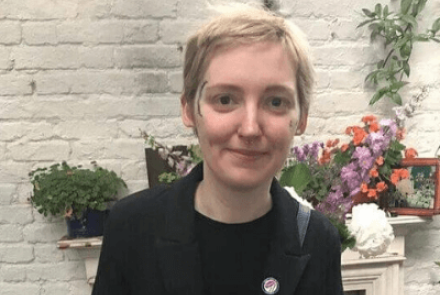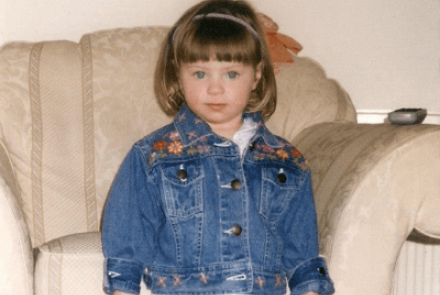Understanding happiness from your autistic child's perspective
In life, we often find ourselves following societal expectations and norms. There are unwritten rules about how we should make friends, develop romantic relationships, leave home, buy a house, and work to earn a living. While these conventions may apply to some, it's crucial to reconsider what happiness and success truly mean, especially when it comes to our autistic children.
My name is Carly Steel and I have been working with autistic children, young people, and their families for around 14 years. I am a qualified teacher with a master’s degree in autism and experience of teaching and leadership within several educational provisions. My main interests and passions are wellbeing and mental health, consultation of young people and their families, and alternative provisions.
Four remarkable autistic young people
A few years ago, I conducted a case study involving four learners in a specialised further education setting. The research aimed look into how education providers consult autistic young people about their own happiness and wellbeing. A range of person-centred consultation methods were used and evaluated, alongside interviews with six staff members on how they consult young people to gain their views on current practice and challenges they have faced.
The insights from this study were later published in the Good Autism Practice journal. I approached this study by adapting my consultation methods to suit their unique needs —communicating with them in ways they preferred. Here I will discuss what they shared with me.
Happiness is individualised
- Happiness doesn't conform to rigid rules or societal expectations. Each person's happiness is unique.
- Defining happiness can be challenging. The four young individuals I worked with unanimously preferred to describe what made them "feel good" rather than what made them "happy".
- Their interests were incredibly important to them. Interests served as avenues to make friends, cherish solitary moments, and even chart potential career paths.
- People were of paramount importance to them. They enjoyed social interactions that felt right for them—whether one-on-one, with people who shared similar interests, with family members, or even online.
One young person said, “I like interacting with people that I like. Even though it is difficult for me socially, it doesn’t mean it isn’t important”.
In schools, I've witnessed children doing activities that make them happy, such as bringing sticks inside to explore the textures and sounds. But there’s a problem – sticks belong outside. They're told that they're "doing happiness" wrong.
Autistic young people seek to be heard and understood
- Just like anyone else, they want to make their own decisions.
- They desire active listening. This means more than just responding to their needs or giving them instructions; it involves engaging in meaningful conversations about topics that genuinely interest them. And this applies to everyone, even those who are currently non-verbal.
Navigating the expectation of happiness
- Each of the young people often felt pressured to find happiness within societal expectations.
- They sought reassurance and approval that they were on the right path to happiness.
When speaking to one young person, I asked what made her happy, she said: “Can I give you any answer because it might be a bit weird? I really like the smell of new books. I know it is weird though. I like it because I like reading and I like the bookstore. Is that allowed?”
She later said, “I think I have to aim for happiness, but I just want to be myself and enjoy life”.
This related to her experience of discussing her mental health with supporting adults and how she felt that it was unacceptable to feel sad or angry. This demonstrates how young people can feel pressured to mask their autistic traits, feelings, and true aspirations. At times, they might not feel happy, but they're apprehensive about sharing this. Remember, it's okay to feel down sometimes; everyone does.
What can we do about this as parents, support workers, or teachers?
- Learn your child's preferred method of communication, whether it's talking, writing, using symbols, objects, or intensive interaction. Consider when and where they will feel most comfortable.
- Observe your child to identify when they are most engaged, at peace, and joyful. What are they doing during those moments? What aren't they doing? Where are they? Who are they with?
- Involve them in decisions, even if they seem small.
- It's important to acknowledge that it's okay for anyone to feel down sometimes, and you don't always have to fix everything.
- Avoid making assumptions about what makes someone happy just because they are autistic. Many autistic individuals desire social connections, romantic relationships, and meaningful purposes, such as jobs, activities and helping others.
Remember, everyone's idea of happiness is different. Despite societal norms and expectations, there is no "wrong" way to experience happiness.
If you'd like more information about my work or access to training courses for parents and families, please feel free to reach out.
About the author
Carly Steel is an autism specialist and has been working with autistic children, young people and their families for around 14 years. She is a qualified teacher with a master’s degree in autism and experience of teaching and leadership within several educational provisions. Her main interests and passions are wellbeing and mental health, consultation of young people and their families and alternative provisions.












